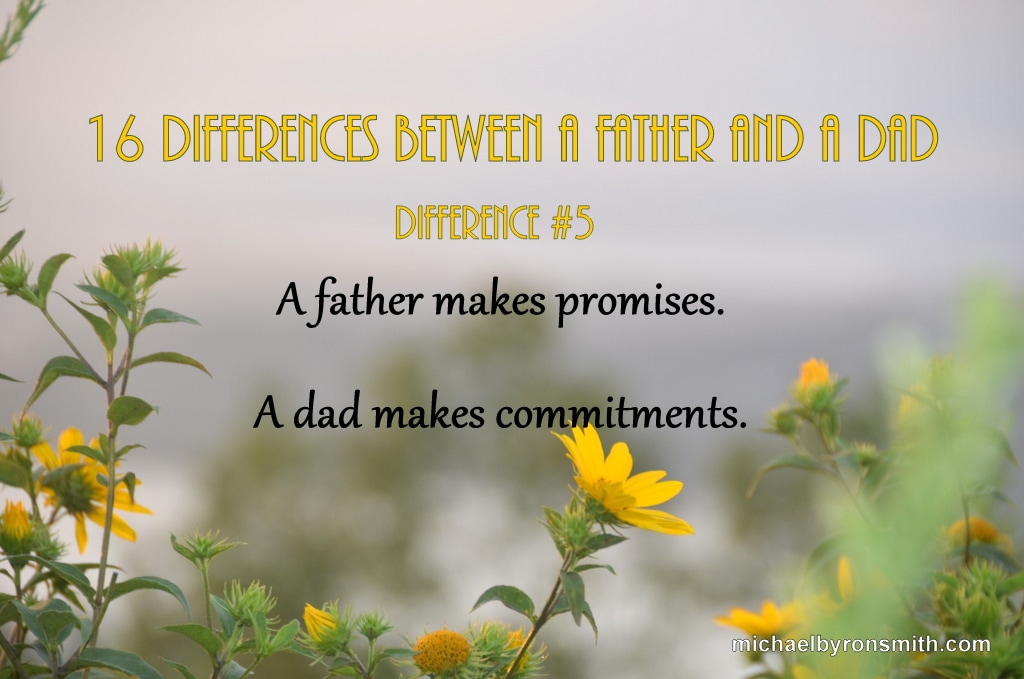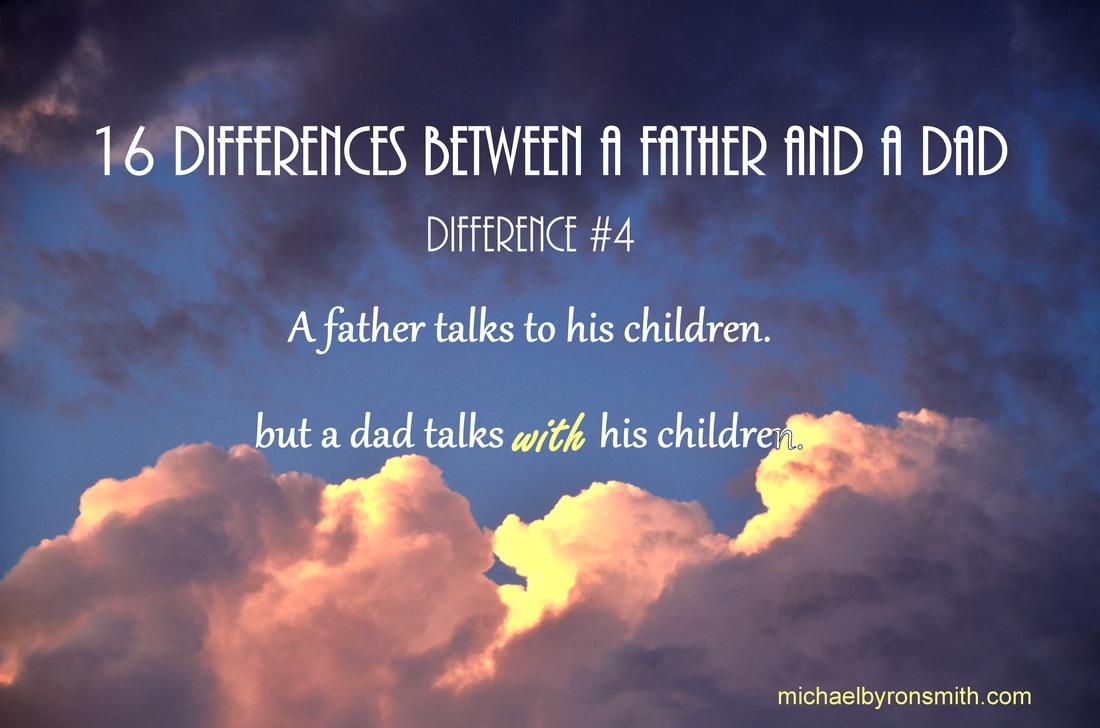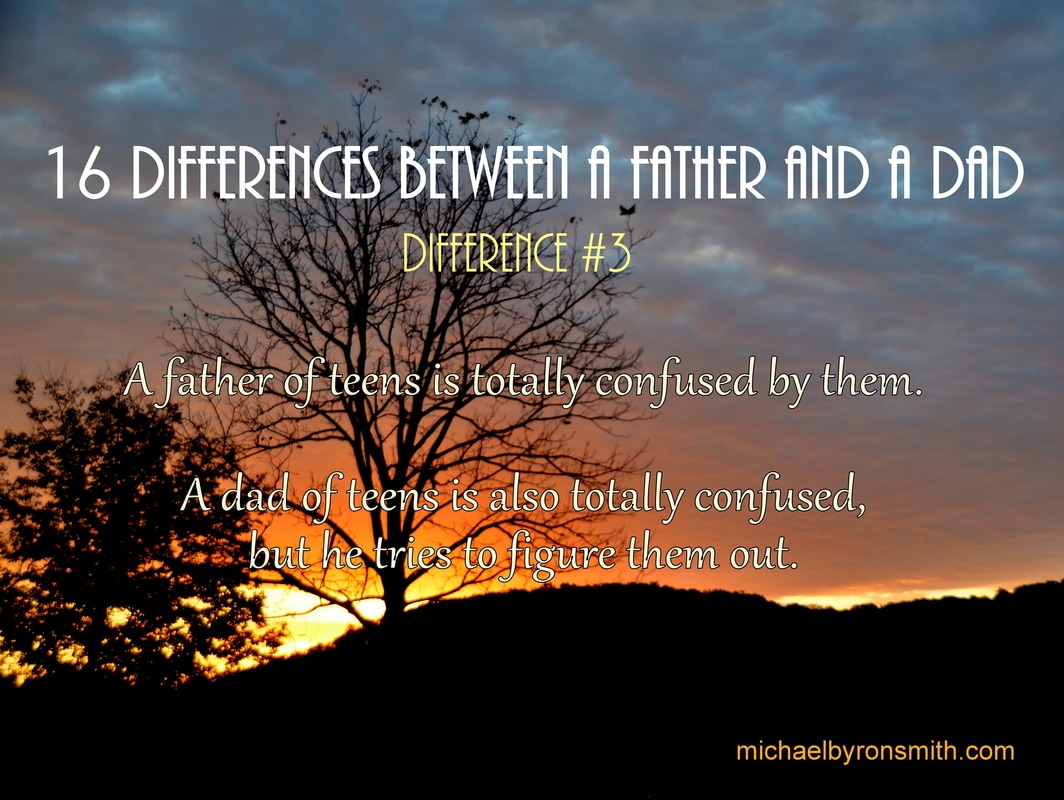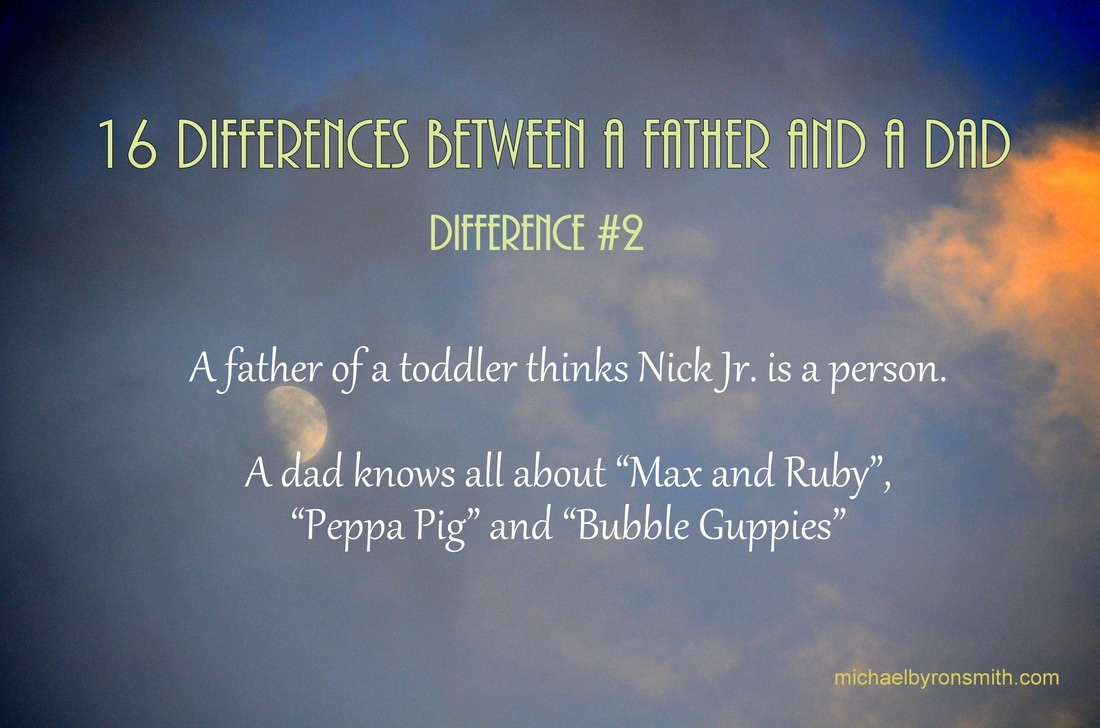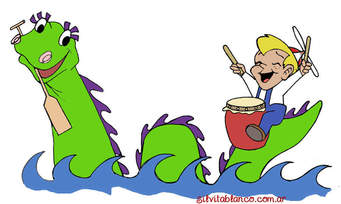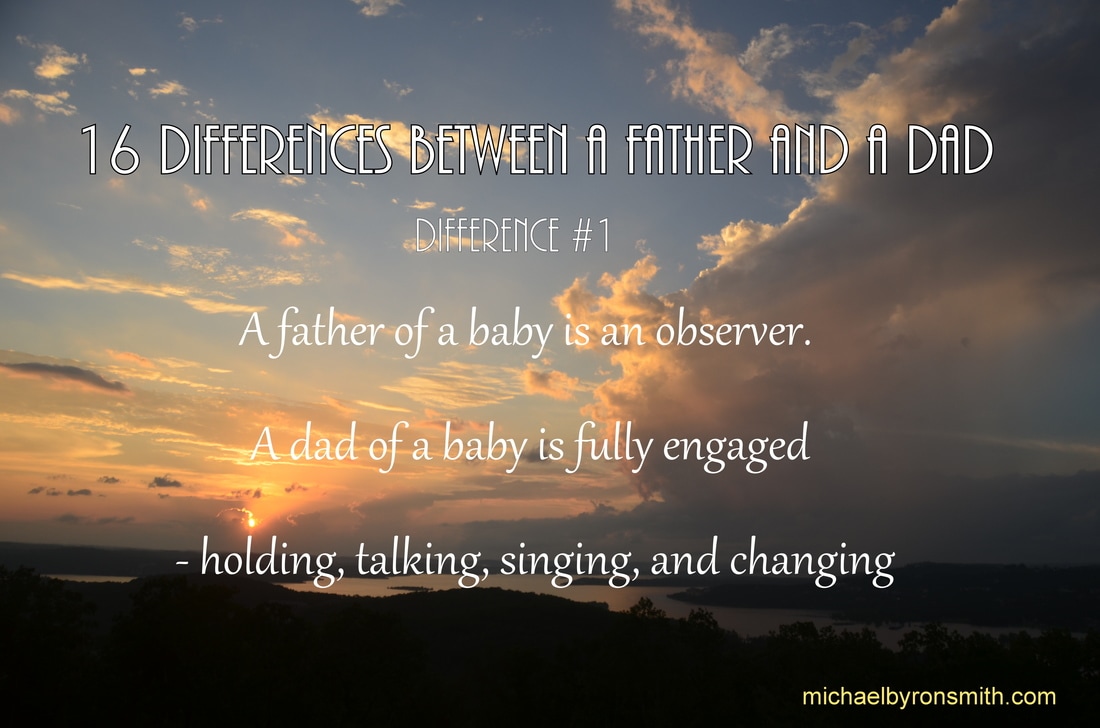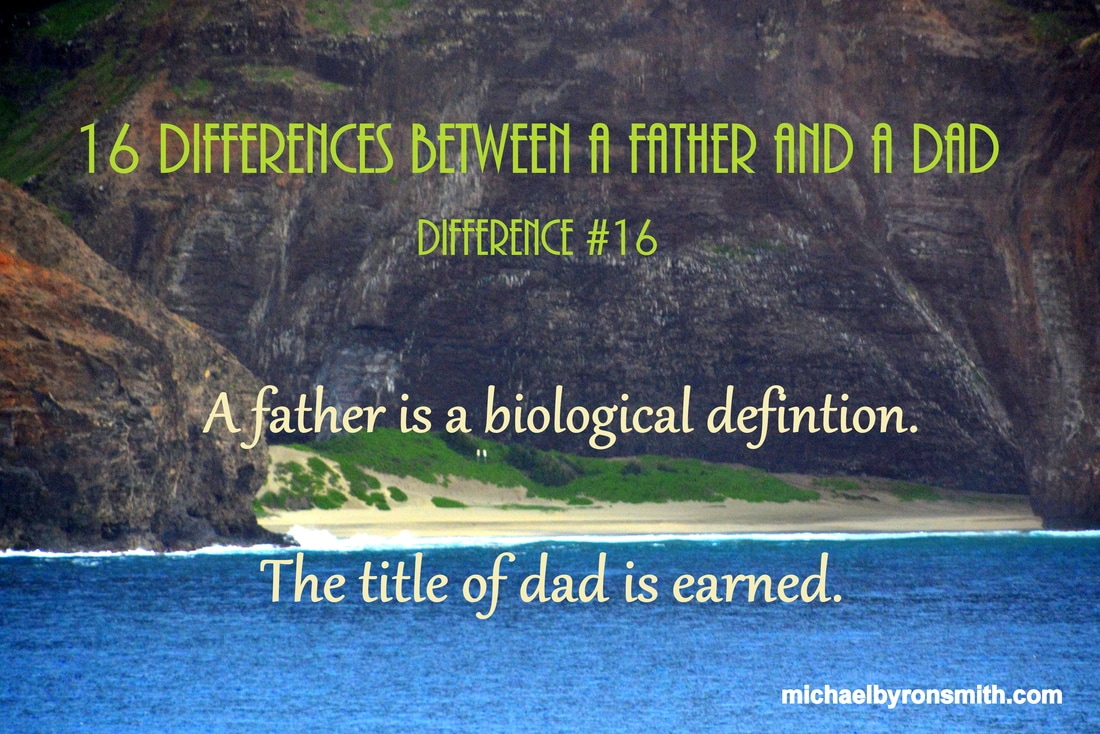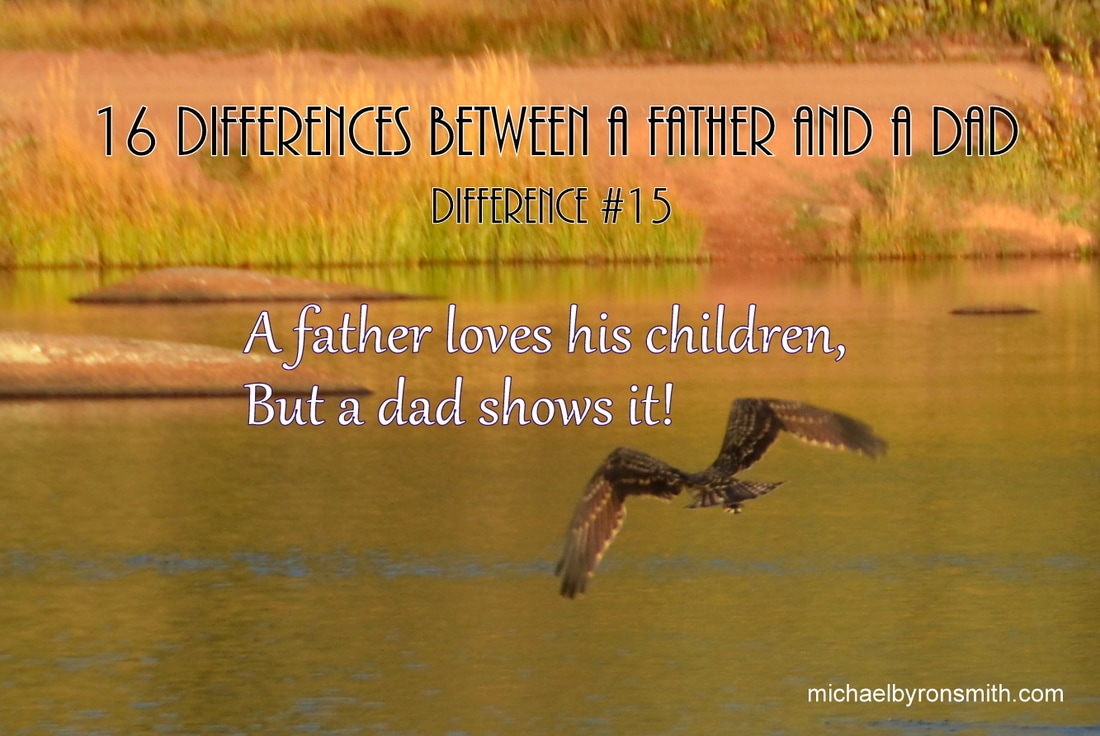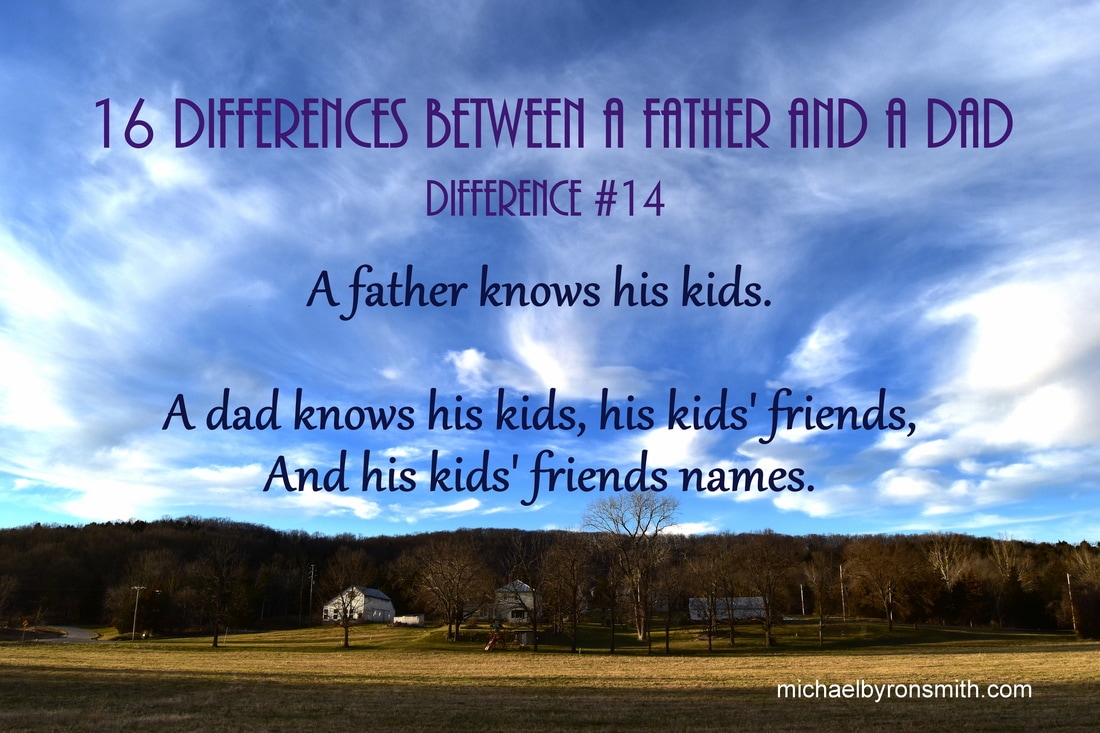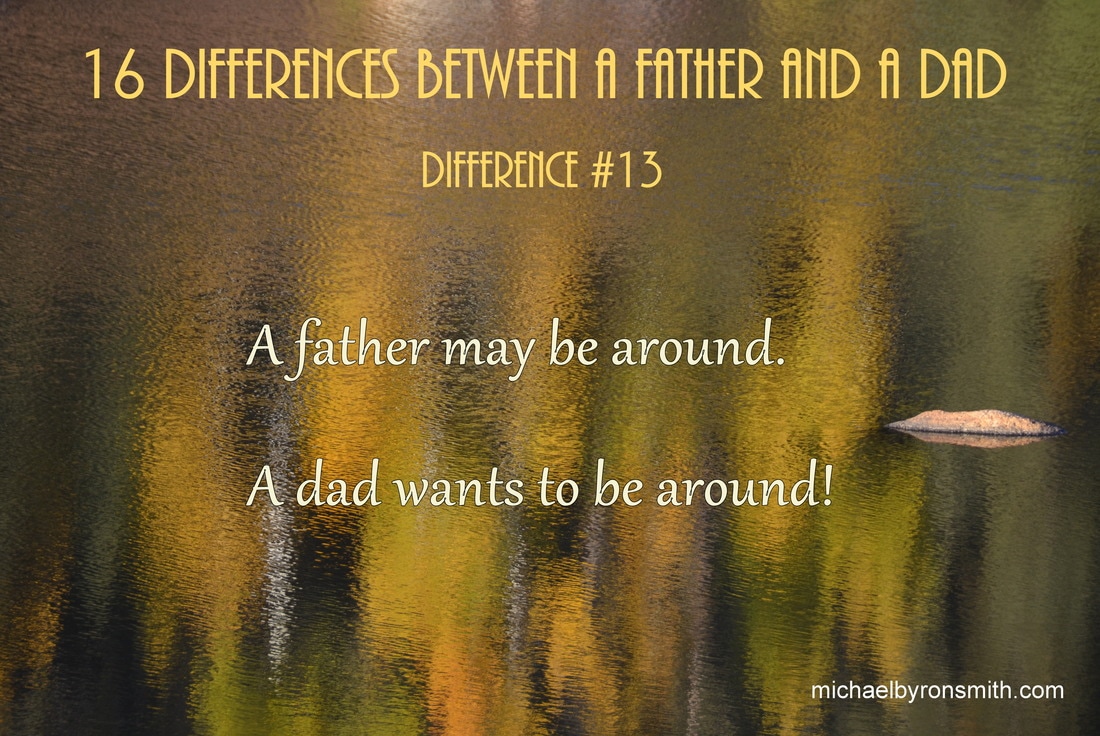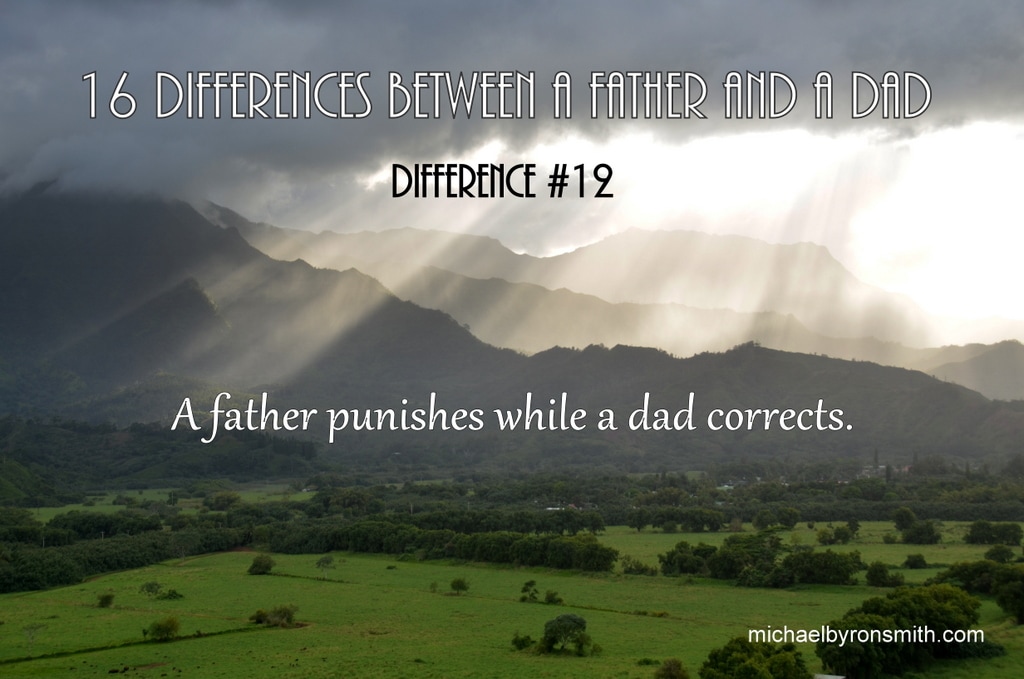A promise is not quite as comforting as a commitment - just like a father is not quite as comforting as a dad. My father didn’t break many promises because he didn’t make many promises. He also made few commitments because my father only committed himself to a reliance on alcohol. However, I appreciated the fact my father never promised things knowing he wouldn’t follow up. When you are a kid, few things are worse than getting your hopes up for something and then being let down. As an adult, you get accustomed to broken promises. As a child, your view of the world is more much idyllic.
Without promises, none are broken. But with promises come expectations. My only clear memory of a broken promise was one made by an uncle who said he would take me to my first professional football game. I was 10 years old and very excited. The day of the game I waited for him to pick me up, but he was late. I first thought we would miss the kickoff, then the first quarter. The first half was coming to a close as I listened on the radio, waiting still. Finally, he showed up. He apologized and asked if I still wanted to go. I said yes! We rushed to the stadium and saw most of the second half.
My memory of disappointment as I waited stuck with me more than the experience of seeing my first pro football game. My uncle was only 21 years old at the time and was, and still is, a great guy. He was young and just got distracted. I really appreciate that he took me and I have always admired him.
A Promise vs a Commitment
- In the definition of a promise, the word ‘declaration’ is often used, “a declaration that something will or will not be done, given, etc., by one.” Declaring and then doing are only linked if you have high values.
- In the definition of the word commitment, the word ‘pledging’ is used, “the act of committing, pledging, or engaging oneself.” To commit is to give in trust. To commit is not only promising something to someone, but promising to yourself that this is something you will do.
Dads and Fathers
Fathers may ‘declare’ they will do something for, or with, their kids - but often fail to follow through. Sometimes, this is unavoidable or unintended, but when it happens frequently, the trust between a father and his child is shattered and respect is lost.
Dads make commitments. They pledge to do something, not just declare it. A father becomes a dad when his promises are not made as a whimsical thought, easily forgotten. As the word ‘promise’ comes out of his mouth, a direct connection is made to his brain where the promise is nailed to his cortex. He makes a note on his calendar and/or smartphone. Now this promise has a priority that is not easily overtaken by other events. In short, the promise of a dad becomes a commitment! If, by chance, the promise cannot be kept because of more pressing issues, it must be thoroughly explained and rescheduled, if possible.
I consider the breaking of a promise to a kid as one of the greatest of the lesser evils. I don’t recall ever breaking a promise to my kids without a clear explanation of why. They appreciate it when you take the time to explain and the explanation alone tells them they are important to you. Certainly breaking promises happens to everyone, but it is a rare occurrence for a dad because being reliable is a priority!
Summary
All any man with children has to do is to recall his own feelings as a child when an important promise was broken. If that doesn’t wake you up, then not much else will. Therefore,
- Be careful with your promises. Make them with intention, not distaction.
- Have your promises become commitments - and have your commitments become action.
- If something important keeps a promise from being possible, explain it to your child.
- There are no perfect dads and unbroken promises happen. Don’t let it happen because of your inattention.

